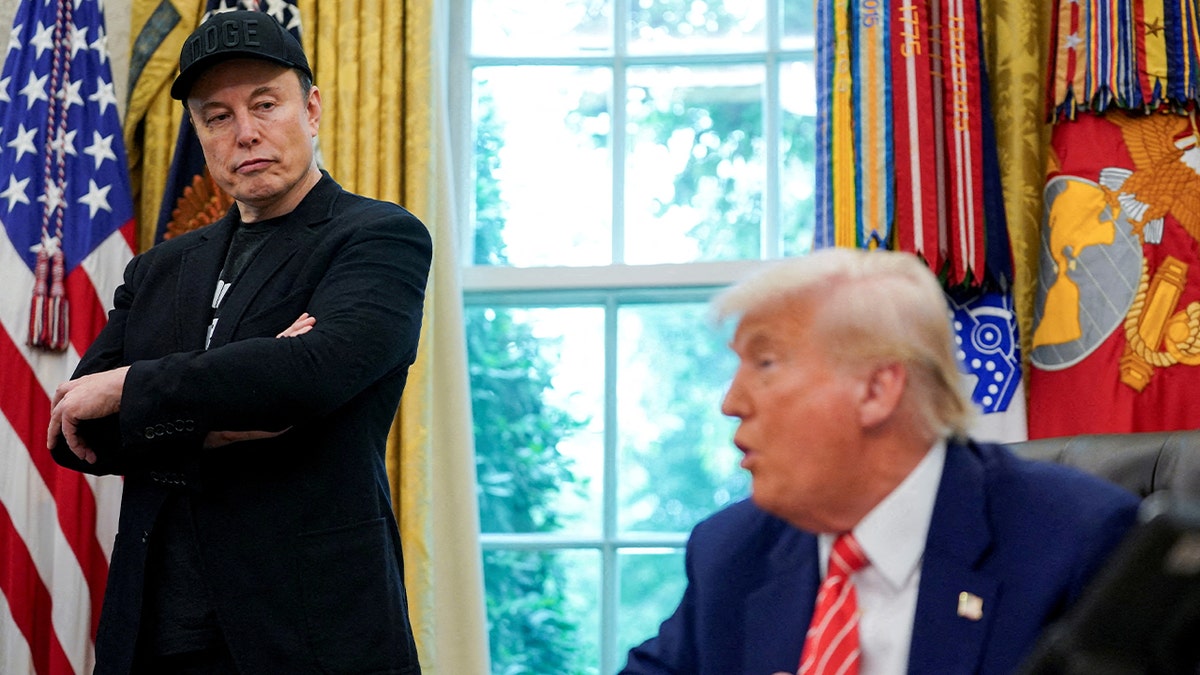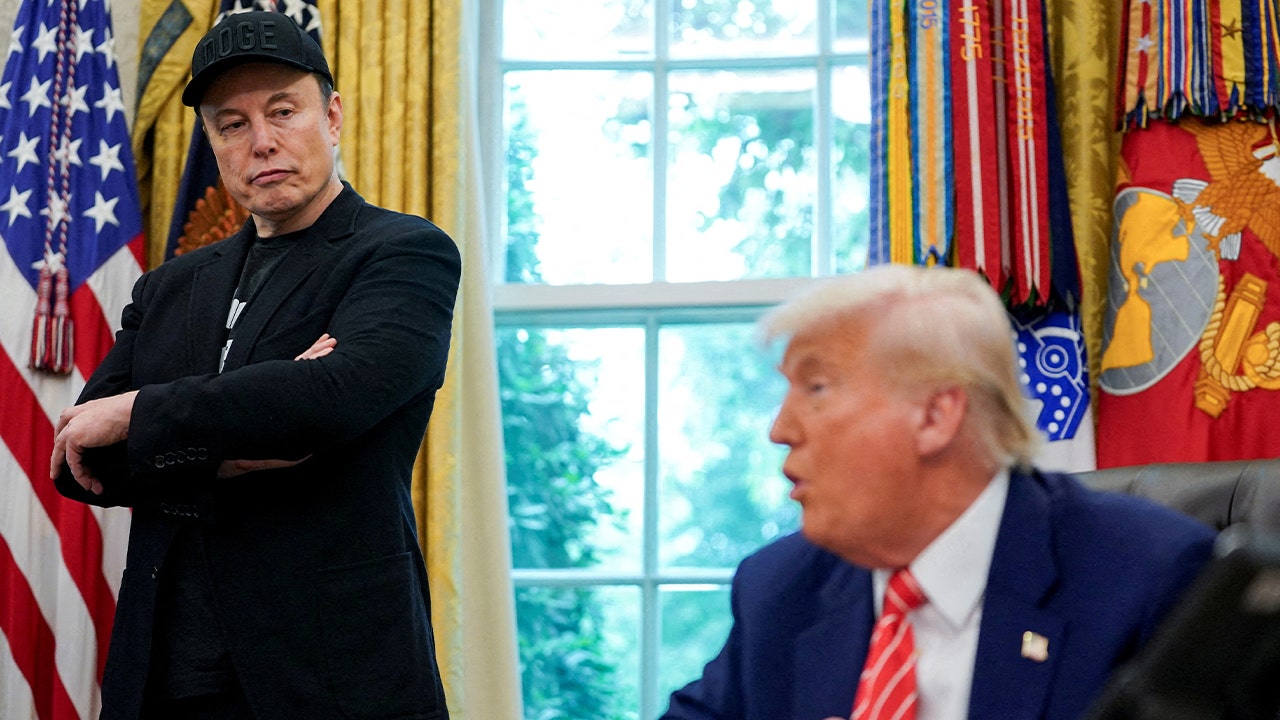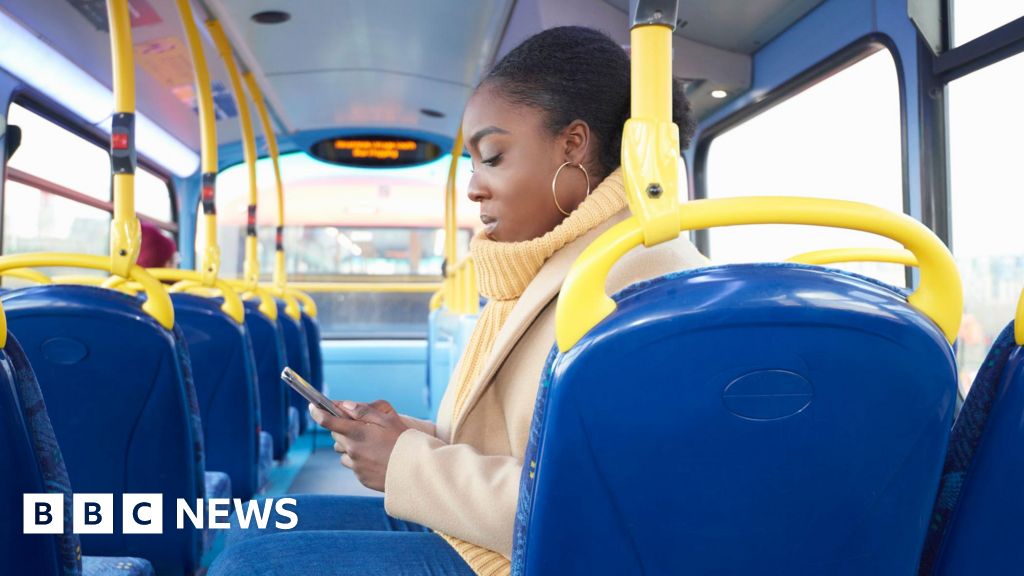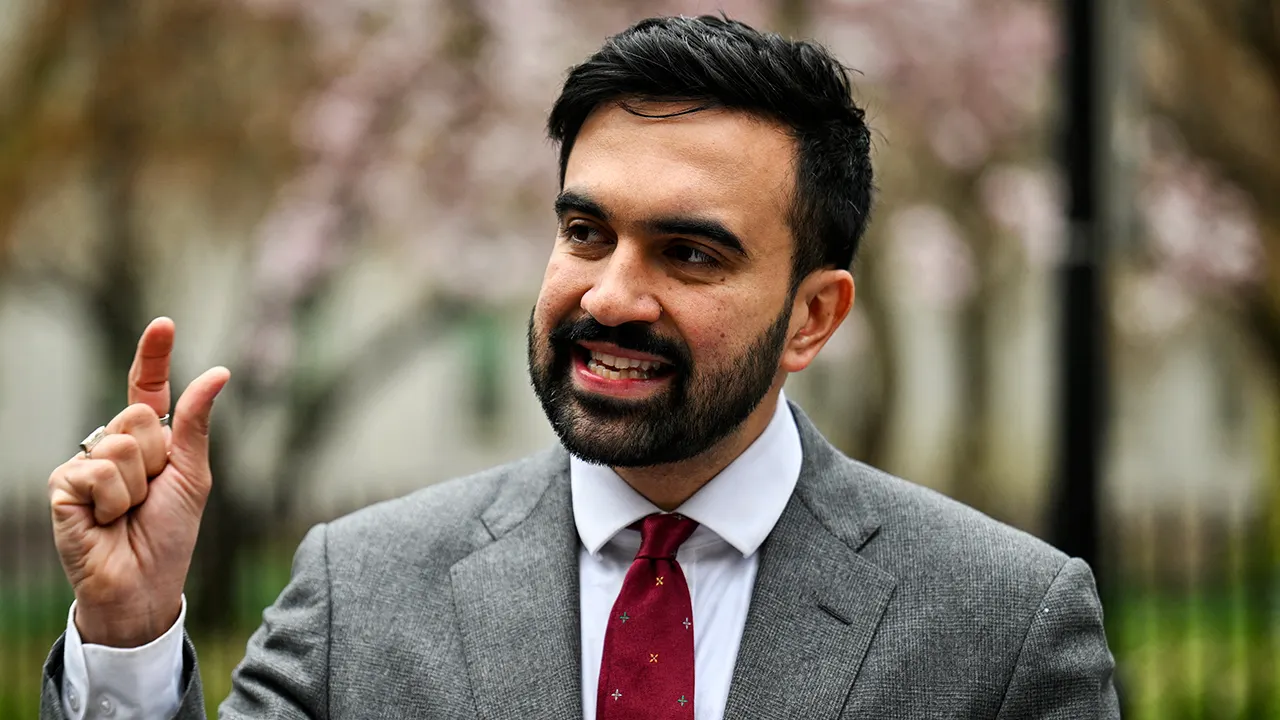
NEWYou can now listen to Fox News articles!
Elon Musk’s talk of a third political party is an idea supported by more than half of voters in the latest Fox News national survey – as long as that party isn’t linked to the billionaire.
By an 11-point margin, more voters think it is a good idea rather than a bad one for there to be a third major party (53% vs. 42%). That’s down from a 27-point spread in 2010, the most recent time Fox asked the question.
Independents – by a 44-point margin and Democrats – by 20 points say a third party is a good idea while Republicans think it’s a bad one by 9 points.
FOX NEWS POLL: SUPPORT FOR DEPORTATION DEPENDS ON WHO IS BEING TARGETED
The decline from 2010 is mostly because of a 22-point shift among Republicans, who were 13 points more likely to say it was a good idea (50%) than a bad one (37%) 15 years ago.
“In 2010, anger and disappointment with both parties among some Republicans and independents fueled the tea party movement,” says Republican pollster Daron Shaw, who helps conduct the Fox News survey with Democrat Chris Anderson. “This time around the disappointment and anger is coming from the Democrats.”
Voters draw the line, however, at a third party led by Musk.
Most, 75%, say they are “not very” or “not at all” open to supporting a party created by the billionaire, while 22% say they are “extremely” or “very” open to it.
Those most likely to back a Musk political party are men (31% extremely/very open), especially Republican men (41%), men under age 45 (38%), and White men without a college degree (36%).
Independents (32% extremely/very open) and Republicans (31%) are roughly 20 points more likely than Democrats (11%) to support a Musk-run party.
FOX NEWS POLL: THE GOP IS SEEN AS MORE LIKELY TO HAVE A CLEAR PLAN FOR THE COUNTRY
Some support for a third major party comes from voter dissatisfaction with both major parties, as 64% think the Democratic Party lacks a clear plan for dealing with the problems facing the country and 54% say the same about the GOP.
The survey also asks voters to respond to a series of agree-disagree statements about third parties and finds they are equally likely to view them positively as negatively.
For example, 6 in 10 voters agree third parties are desperately needed because the Democratic and Republican parties are failing to address voter concerns (61% agree), while another 6 in 10 think third-party candidates are just spoilers that distract from the two major parties (59%).
Democrats (59% agree) and Republicans (66%) are more likely to agree third-party candidates are spoilers while independents feel the opposite (60% disagree). Majorities of independents (76% agree) and Democrats (67%) are in alignment on needing a new party, whereas Republicans are split (49% agree third parties are needed, 50% do not).
About 4 voters in 10 feel third-party candidates tend to be less qualified than those from the two major parties (54% disagree). More Republicans (51% agree) than Democrats (41%) and independents (33%) think a third party is not suitable to run.
Voters are more decisive when asked if the U.S. political system is rigged against third parties as 70% feel it is, including most Democrats (73%), Republicans (66%), and independents (76%).
“The survey shows the dilemma for third parties in the U.S.,” says Shaw. “Voters want another choice, but don’t particularly like the options they’ve seen and are reluctant to back candidates they think are doomed.”
CLICK HERE FOR CROSSTABS AND TOPLINE
Conducted July 18-21, 2025, under the direction of Beacon Research (D) and Shaw & Company Research (R), this Fox News survey includes interviews with a sample of 1,000 registered voters randomly selected from a national voter file. Respondents spoke with live interviewers on landlines (114) and cellphones (636) or completed the survey online after receiving a text (250). Results based on the full sample have a margin of sampling error of ±3 percentage points. Sampling error for results among subgroups is higher. In addition to sampling error, question wording and order can influence results. Weights are generally applied to age, race, education, and area variables to ensure the demographics of respondents are representative of the registered voter population. Sources for developing weight targets include the American Community Survey, Fox News Voter Analysis and voter file data.






